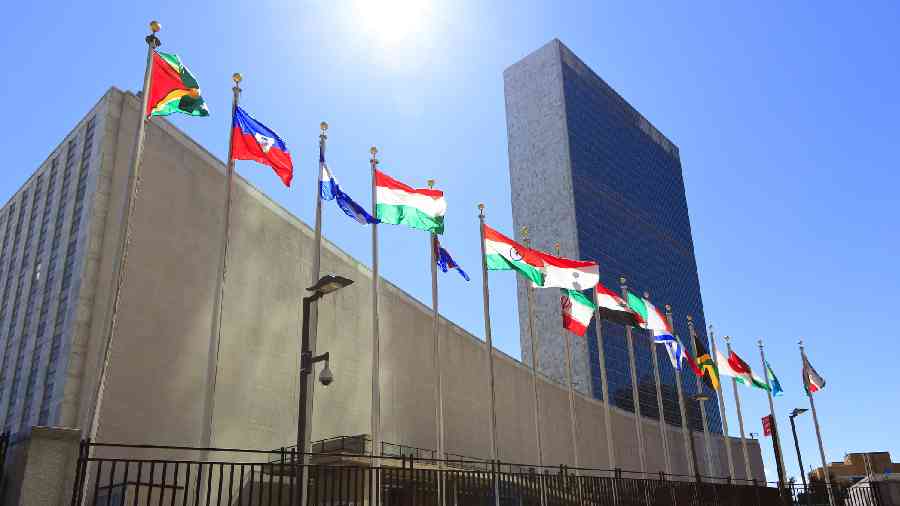Few countries have suffered as much from State-sponsored terrorism as India has. So it was fitting that Mumbai and New Delhi hosted the United Nations Security Council’s Counter Terrorism Committee last week for meetings aimed at addressing the evolving nature of the terror threat in an era of ever-advancing technologies. The committee’s visit to Mumbai less than a month before the 14th anniversary of the November 26, 2008, attacks in the city was poignant. Unlike more divisive issues like Ukraine, terrorism is a subject where there is a broader consensus among UNSC members, so the meetings in India would have offered diplomats some welcome relief from the squabbles they have engaged in over the war in Europe. Indeed, the rapid pace of technology transformations — from drones and social media to crowdfunding and crypto-currency — poses some common challenges for national security agencies and for global efforts to ensure they are not misused. Articulating a shared position on tech-enabled terrorism — which the Delhi Declaration outcome document from the meetings did — is a valuable exercise. Still, complex differences persist, and they did bubble over during the committee’s visit to India.
The United States of America and India used the platform to criticise China for its repeated vetoes to efforts to get Pakistan-based terrorists blacklisted by the UNSC. Yet the meetings occurred in the shadow of the US decision to upgrade Pakistan’s F-16 fleet of fighter jets which India argues will be used to provide cover for that country’s terrorist bases, as has happened in the past when New Delhi has attempted cross-border strikes. India has formally protested the US decision to help Pakistan’s air force to strengthen its capabilities but at a time when relations between Washington and Islamabad appear to be warming up after years in the cold, New Delhi’s worries have so far not been addressed. Pakistan also recently earned a reprieve from the Financial Action Task Force, in effect reducing scrutiny of Islamabad’s efforts on tackling terror financing. Meanwhile, the UN human rights official, Scott Campbell, used the meetings to emphasise that human rights and privacy concerns must not be ignored in the fight against terrorism. More broadly, terrorism is no longer America’s top security priority — China and Russia are. New Delhi will need to carefully navigate the changing landscape of the debate on terrorism. Hosting the UNSC’s Counter Terrorism Committee was a good first step. But it was also just that: a first step.











